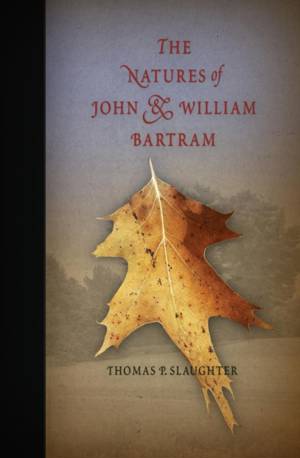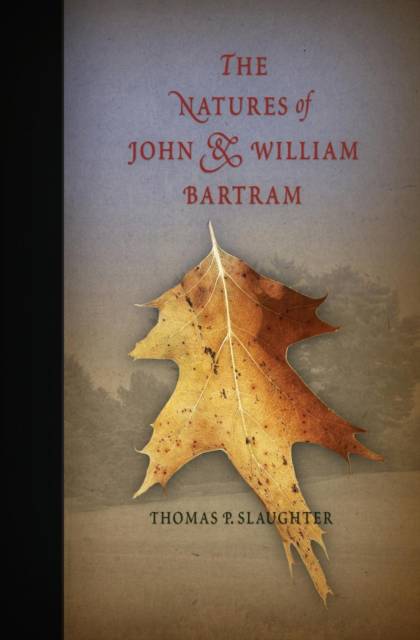
- Afhalen na 1 uur in een winkel met voorraad
- Gratis thuislevering in België vanaf € 30
- Ruim aanbod met 7 miljoen producten
- Afhalen na 1 uur in een winkel met voorraad
- Gratis thuislevering in België vanaf € 30
- Ruim aanbod met 7 miljoen producten
Omschrijving
John Bartram (1699-1777), the first native-born American to devote his entire life to the study of nature, was an eminently practical man, a scientist devoted to the rigorous description of living things. Among his subjects was the Venus flytrap, along with hundreds of species of plants and animals, fully one quarter of all the plants identified and sent to Europe during the colonial period. His son William (1739-1823) was a pioneering naturalist who documented his travels through the Florida wilderness in prose and drawings that inspired a generation of Romantic poets. William's lyrical Travels is read today, while John's work is not.
As he follows the Bartrams through their respective careers--and through the tenderness and disappointment of the father-son relationship--Thomas P. Slaughter examines the ways each viewed the natural world: as a resource to be exploited, as evidence of divine providence, as a temple in which all life was interconnected and sacred. The Natures of John and William Bartram is a major work of natural and human history--beautifully written, psychologically insightful, and full of provocative ideas concerning the place of nature in the imagination of Americans, past and present.Specificaties
Betrokkenen
- Auteur(s):
- Uitgeverij:
Inhoud
- Aantal bladzijden:
- 328
- Taal:
- Engels
- Reeks:
Eigenschappen
- Productcode (EAN):
- 9780812219340
- Verschijningsdatum:
- 23/11/2005
- Uitvoering:
- Paperback
- Formaat:
- Trade paperback (VS)
- Afmetingen:
- 132 mm x 201 mm
- Gewicht:
- 340 g

Alleen bij Standaard Boekhandel
Beoordelingen
We publiceren alleen reviews die voldoen aan de voorwaarden voor reviews. Bekijk onze voorwaarden voor reviews.











